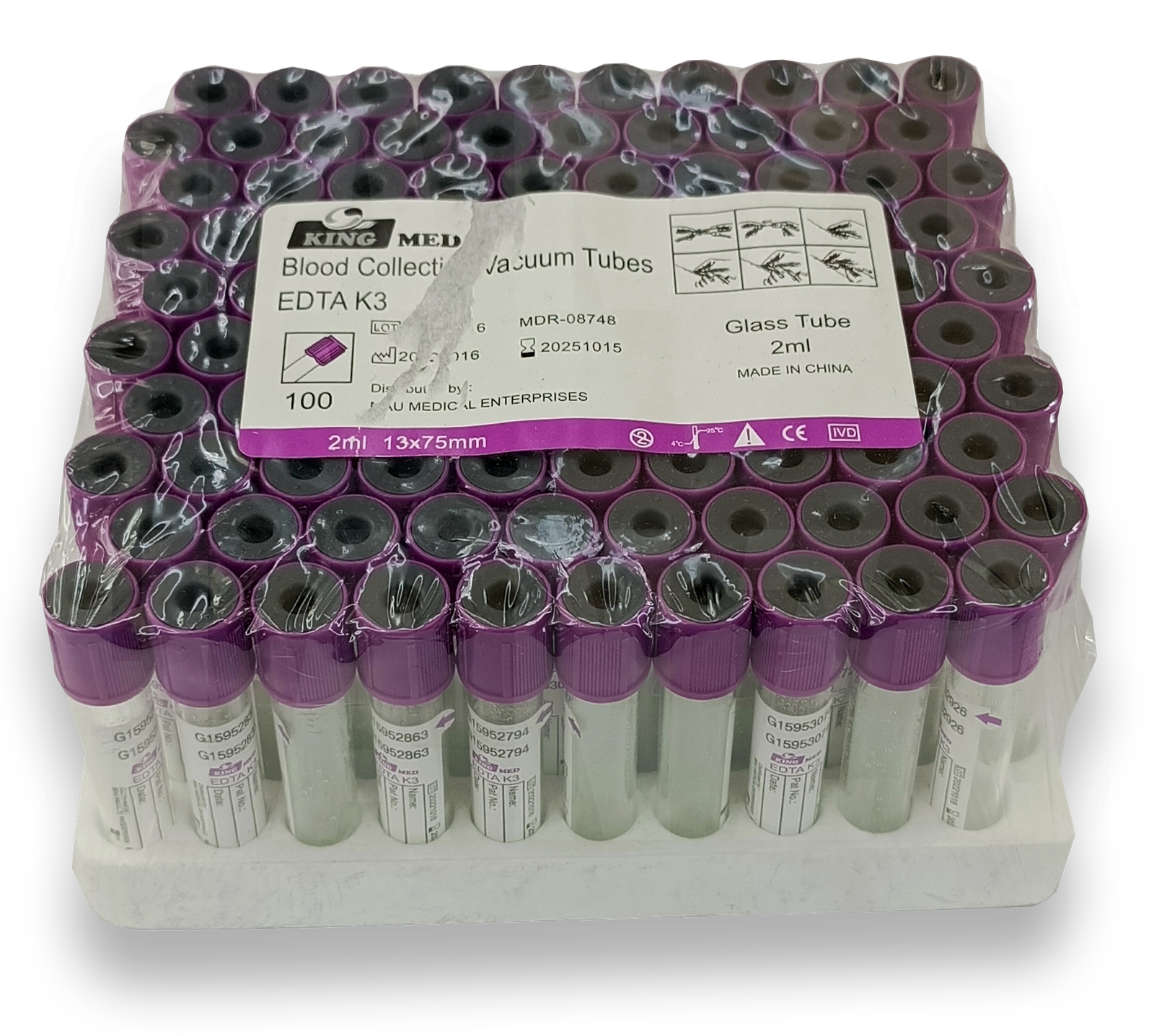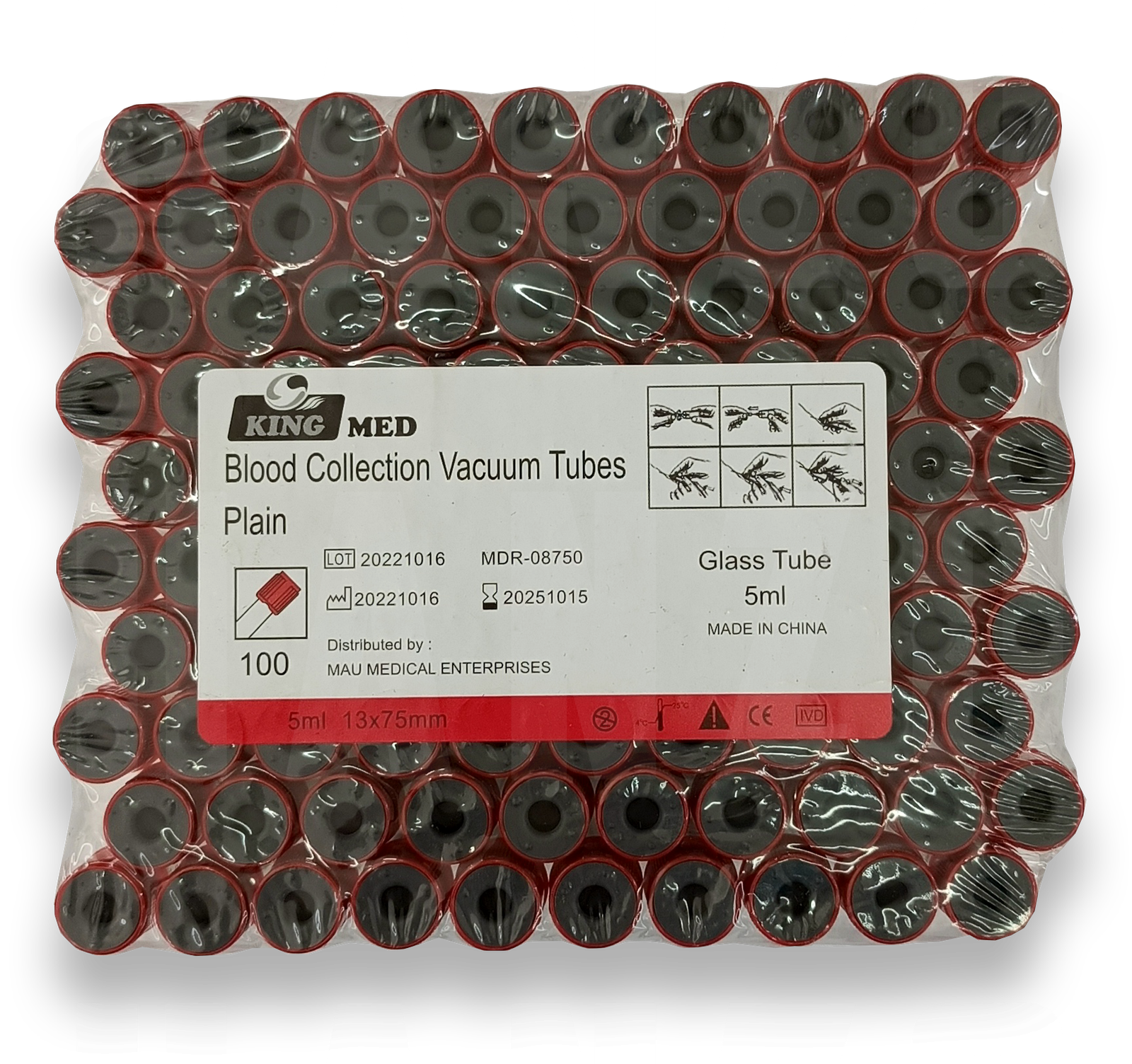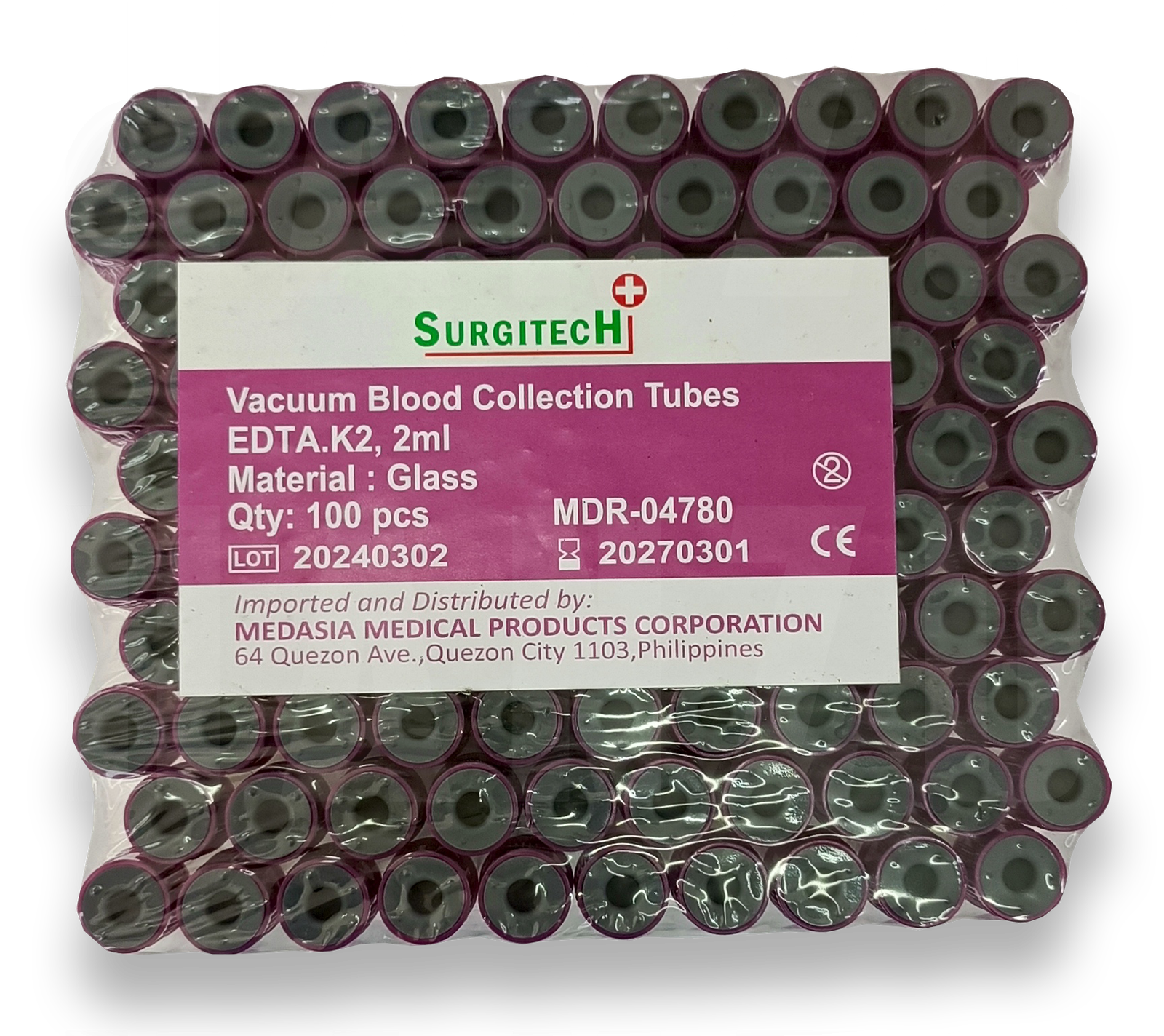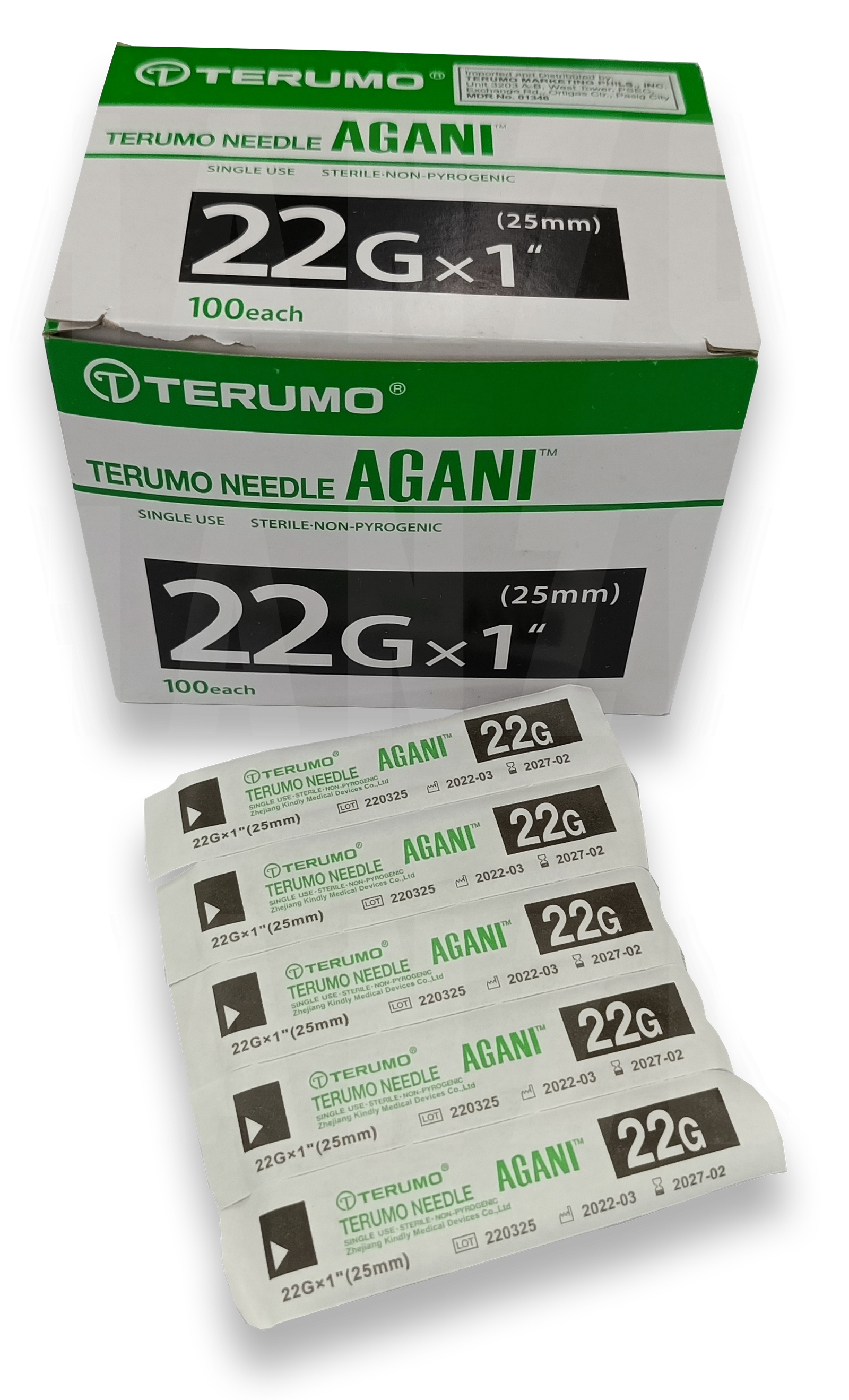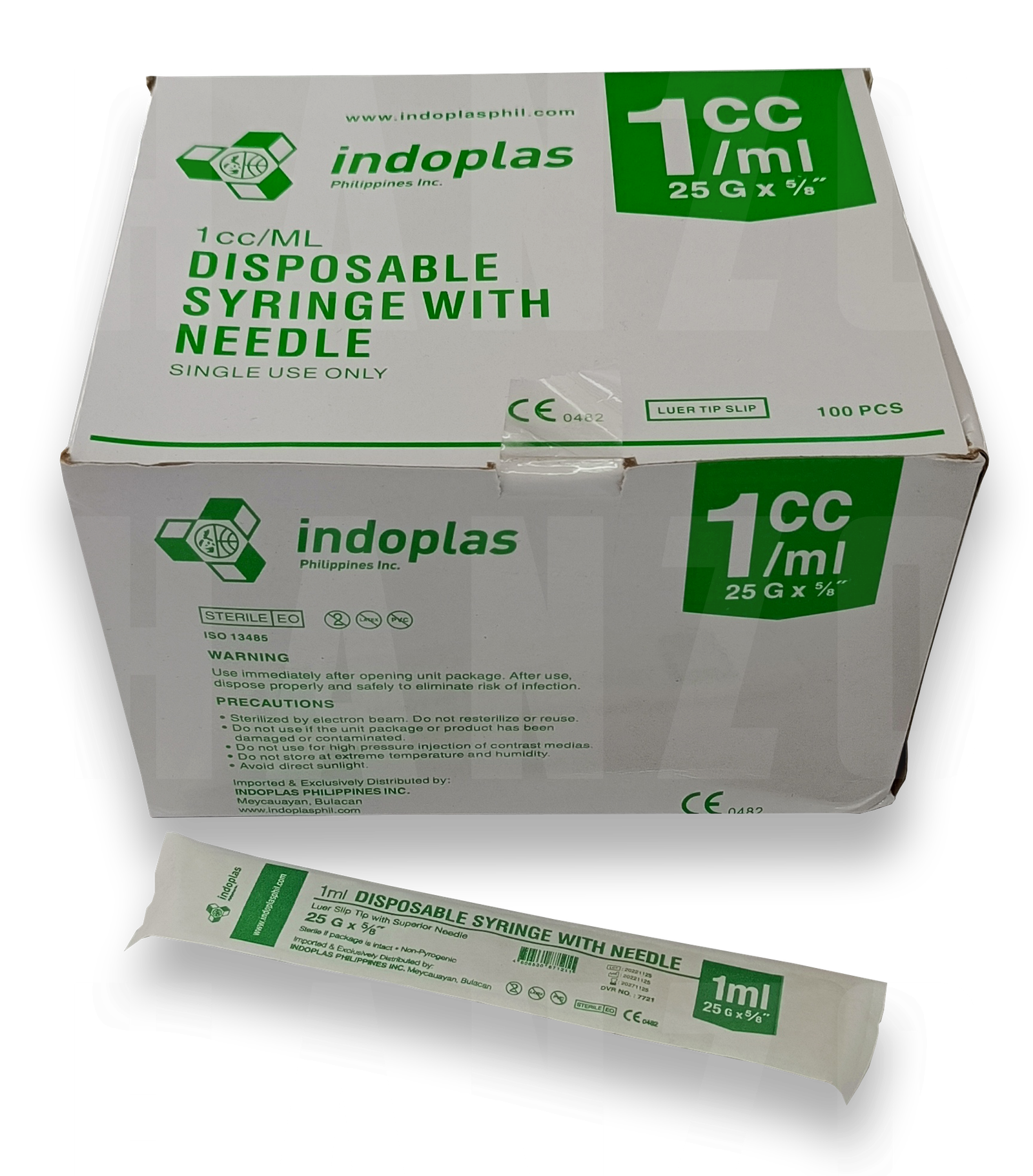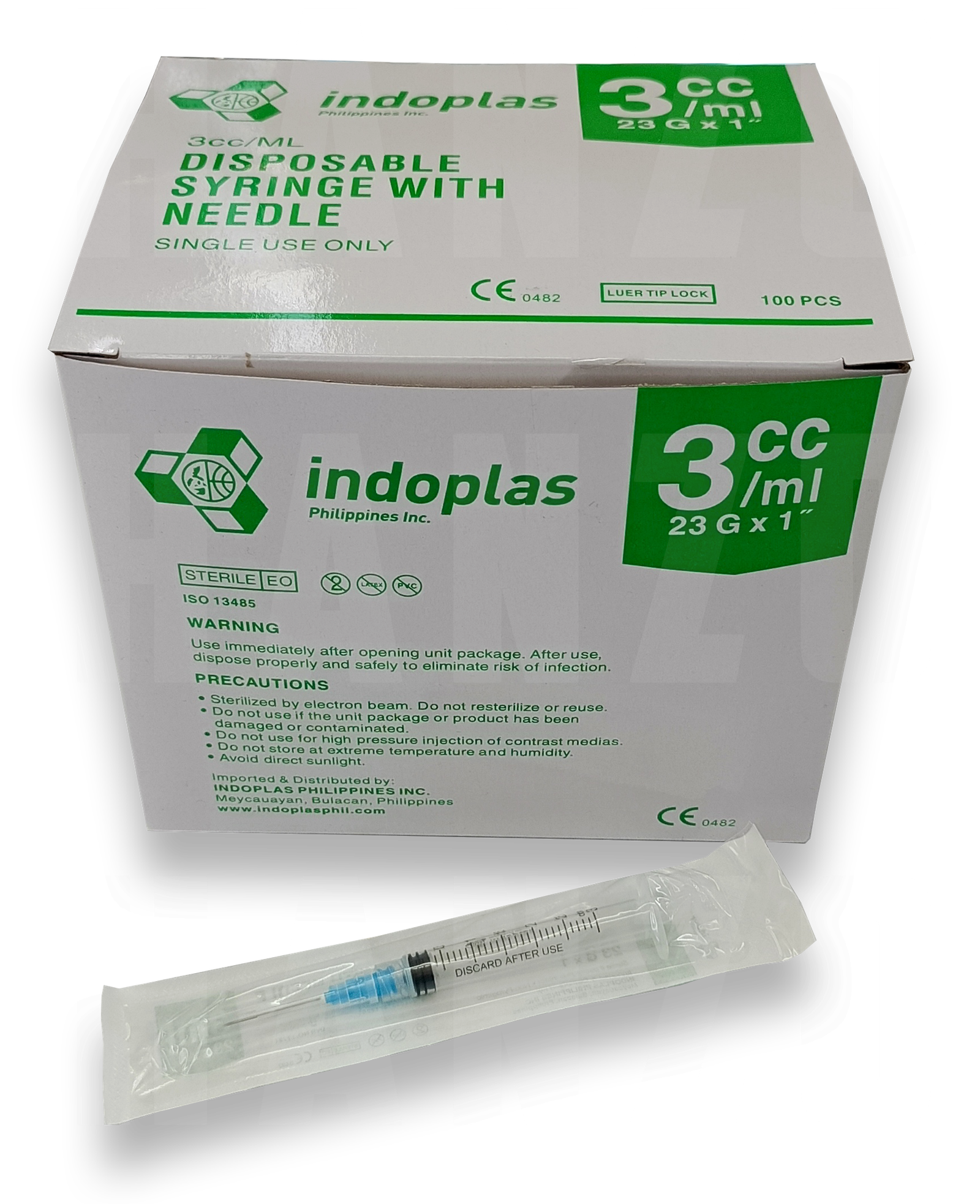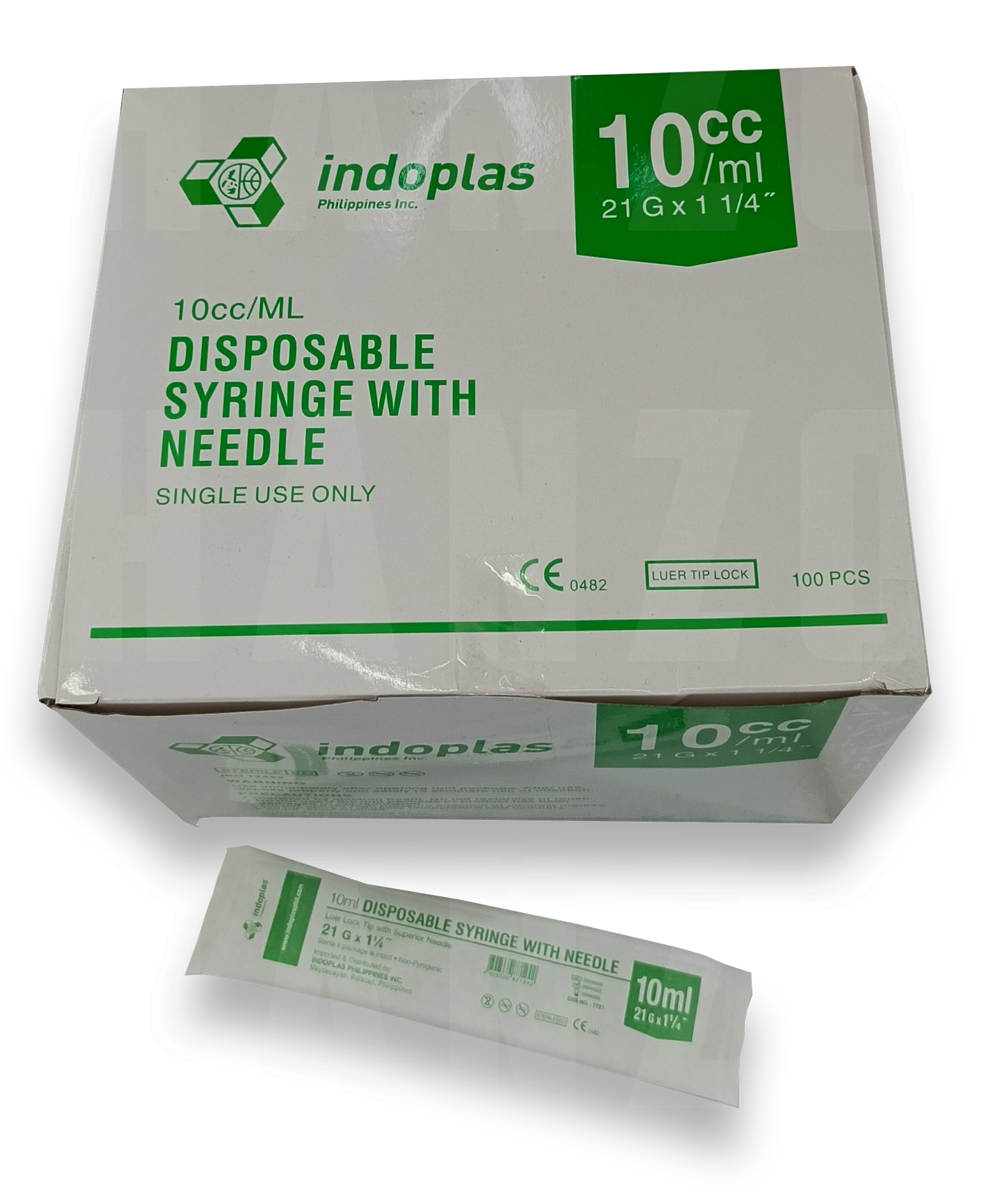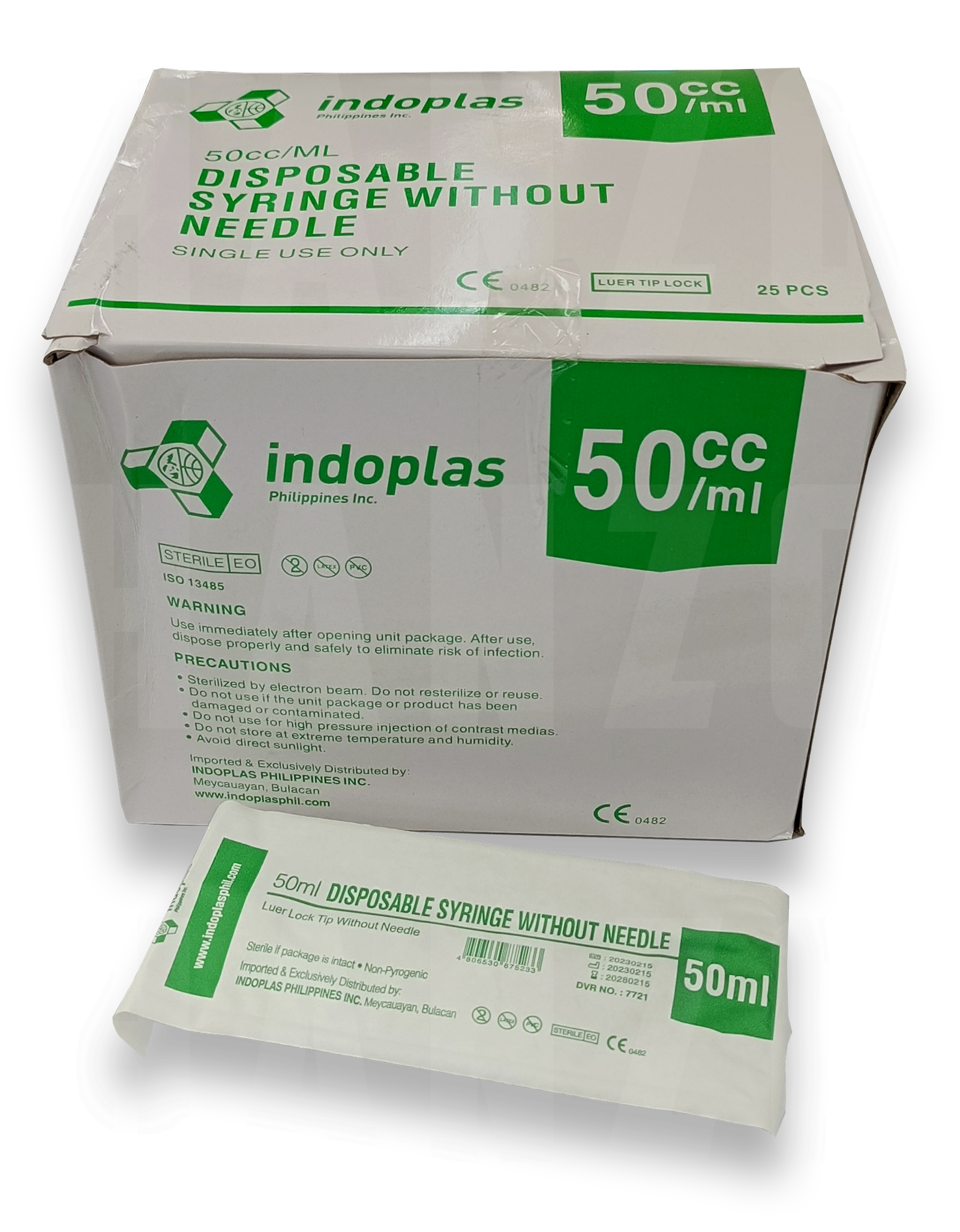Aneroid Sphygmomanometer – Baxtel
₱0.99- Luminous Gauge
- Adult Inflation System
- Cotton Cuff
- Zipper Case
- Free Baxter Keychain
Diabetic products and services are designed to help individuals with diabetes manage their condition, monitor blood sugar levels, and prevent complications. Diabetes is a chronic disease that affects how the body processes blood sugar (glucose), and proper management is crucial to prevent issues like heart disease, nerve damage, and vision problems.
1. Diabetic Products
a. Glucose Monitoring Devices
These devices help people with diabetes regularly check their blood sugar levels, which is essential for maintaining glucose within the target range.
– Blood Glucose Meters: Handheld devices that use a small drop of blood (typically from a finger prick) to measure blood sugar levels. Common brands include Accu-Chek, OneTouch, and Contour.
– Continuous Glucose Monitors (CGMs): Wearable devices that automatically monitor glucose levels in real-time without the need for finger pricks. Popular CGMs include the Dexcom, FreeStyle Libre, and Medtronic Guardian systems. They involve a sensor inserted just under the skin, sending glucose readings to a device or smartphone app.
– Lancets and Lancing Devices: Small needles used to prick the skin for blood glucose testing.
b. Insulin Delivery Devices
For people with Type 1 diabetes or advanced Type 2 diabetes, insulin therapy is necessary to regulate blood glucose.
– Insulin Pens: Pre-filled or reusable devices for administering insulin. They are easy to use and allow for accurate insulin dosage.
– Insulin Pumps: Wearable devices that deliver a continuous, controlled amount of insulin through a catheter inserted under the skin. Popular brands include Medtronic, Omnipod, and Tandem. Some pumps can be paired with CGMs for automated insulin adjustments.
– Insulin Syringes: Traditional method for insulin injection, involving manual calculation and injection of insulin dosages.
– Smart Insulin Pens: Advanced versions of insulin pens that track dosage and timing, integrating with apps to help manage insulin usage effectively.
c. Test Strips and Ketone Strips
– Blood Glucose Test Strips: Used with glucose meters to measure blood sugar. These strips absorb a drop of blood, and the meter provides the reading.
– Ketone Test Strips: Used to check for ketones (a byproduct of fat metabolism) in urine or blood, especially important for people with Type 1 diabetes to avoid diabetic ketoacidosis (DKA).
d. Diabetic Medications
In addition to insulin, several medications help manage blood glucose levels:
– Oral Medications: Common oral drugs include Metformin, sulfonylureas, and DPP-4 inhibitors.
– GLP-1 Receptor Agonists: Injectable medications like Ozempic or Victoza that help regulate blood sugar and promote weight loss.
– SGLT2 Inhibitors: Medications like Jardiance or Farxiga that help the kidneys remove excess glucose from the body through urine.
e. Foot Care Products
People with diabetes are at risk of foot complications like ulcers, infections, and nerve damage. Specialized foot care products help prevent these issues.
– Diabetic Shoes: Footwear designed to reduce pressure points and prevent blisters or sores, essential for diabetic foot care.
– Orthotics: Custom insoles that provide better foot support, reducing the risk of foot complications.
– Moisturizing Creams: Products specifically formulated to prevent dry, cracked skin, common in diabetic patients.
f. Dietary and Nutritional Products
– Diabetic Meal Plans and Foods: Specially formulated foods or meal replacement shakes for people with diabetes, such as Glucerna.
– Low Glycemic Index (GI) Foods: Products labeled as low-GI help manage blood sugar levels by releasing glucose more slowly into the bloodstream.
2. Diabetic Services
a. Diabetes Education and Management Programs
Many healthcare providers offer structured programs to help people manage their diabetes. These include:
– Certified Diabetes Educators (CDEs): Specialists who provide individualized guidance on managing diabetes, including nutrition, medication, and lifestyle adjustments.
– Diabetes Self-Management Education (DSME): Classes or programs that teach people how to monitor their blood sugar, administer insulin, and maintain a healthy lifestyle.
– Dietitians and Nutritionists: Offer personalized dietary plans to help regulate blood sugar levels and maintain a balanced diet.
– Telehealth Diabetes Coaching: Remote services where patients can consult with healthcare professionals for glucose management, diet, and exercise advice.
b. Pharmacy Services
Many pharmacies provide special services for diabetic patients, such as:
– Prescription Fulfillment and Counseling: Advice on diabetic medications and supplies.
– Medication Management: Support with insulin titration, oral medication adjustments, and guidance on side effects or drug interactions.
c. Diabetes Monitoring Apps and Digital Health Services
Technology-based services help patients track and manage their diabetes more effectively:
– Diabetes Apps: Apps like MySugr, Glucose Buddy, and Glooko that allow users to log blood sugar levels, track diet and exercise, and receive insights into their glucose patterns.
– Remote Monitoring Services: Through CGMs and smart insulin pens, some patients can share real-time data with their healthcare providers for continuous monitoring and feedback.
d. Podiatry Services
– Foot Exams: Regular foot check-ups with a podiatrist to prevent complications like ulcers or infections.
– Foot Ulcer Treatment: Specialized care for diabetic foot ulcers, including advanced wound care and prevention strategies.
e. Eye Care Services
– Diabetic Retinopathy Screening: Annual eye exams to detect early signs of diabetic eye disease.
– Laser Treatment: For treating or preventing further damage from diabetic retinopathy.
f. Endocrinologist Services
– Specialist Care: Endocrinologists are experts in diabetes care, providing personalized treatment plans, including insulin therapy management, monitoring of long-term complications, and treatment adjustments.
3. Insurance and Financial Services
– Coverage for Diabetic Supplies: Many insurance companies cover glucose monitors, insulin, and other diabetic supplies.
– Financial Assistance Programs: Services like discount programs, patient assistance programs, or co-pay cards that help reduce the cost of diabetes management.
Together, diabetic products and services play a critical role in enabling individuals to maintain a healthy lifestyle, minimize complications, and improve overall well-being. Proper management with the right tools and support helps people with diabetes lead full and active lives.
Showing all 14 results







